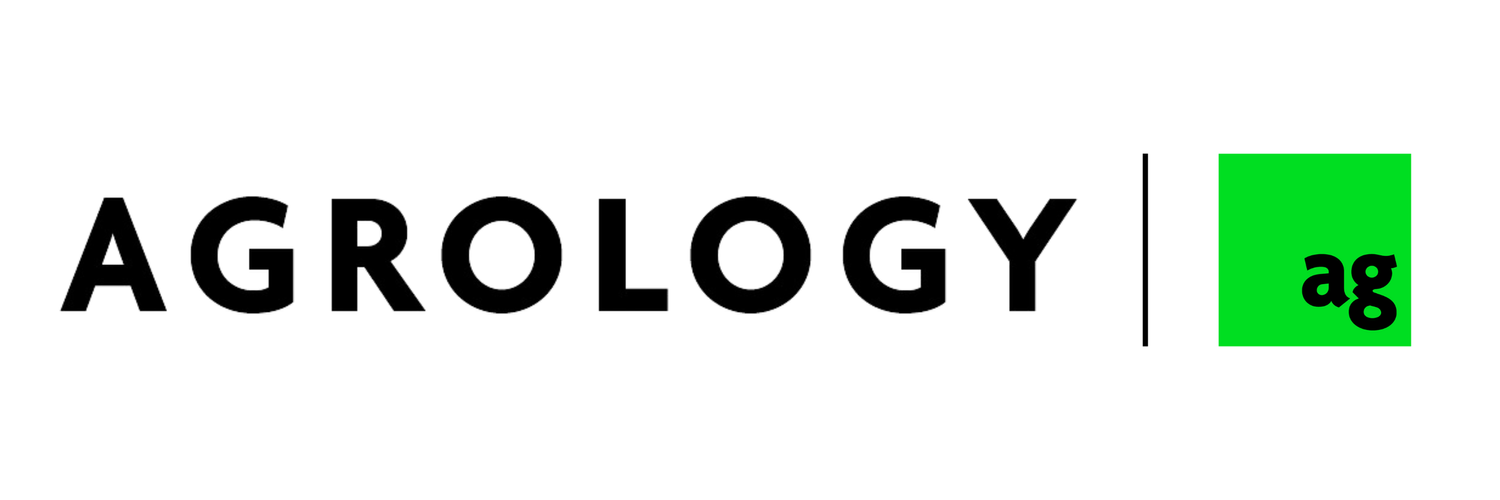First ‘Farm Of The Future’ Summit Held In Sonoma County
The Region is Considered Ideally Suited as a ‘Living Lab’ for Innovation and Collaboration Given its Leadership in Sustainability
SANTA ROSA, Calif. (July 25, 2023) – In recognition that climate impacts and marketplace dynamics are becoming more frequent and extreme for farmers, the Sonoma County Winegrowers invited experts from some of the country’s most iconic and innovative companies to gather in Sonoma County last week for its inaugural Farm of the Future Summit. These leaders answered a call to action to collaborate with farmers in Sonoma County to ensure the future of agriculture. They convened to plan, identify challenges and discuss potential collaborations and pilot projects that will be tested throughout Sonoma County’s certified sustainable vineyards.
The summit, hosted by Sonoma Winegrowers and facilitated by a leading professor from the Wharton School of Business, provided ample proof that the county has become a global leader for sustainability and regenerative agriculture. In fact, Sonoma County’s certified sustainable vineyards are already serving as “living labs” for a host of pilot efforts and programs. In addition, there are more than 50 additional farmers who have already expressed interest in piloting technology and farming practices that will ensure the longevity of agriculture and specialty crops in Sonoma County and across the country. Companies that participated included Wilbur-Ellis, John Deere, Alaska Airlines, Pellenc, Agrology, NASA, PG&E, Wells Fargo, American Ag Credit, Jordan Energy and Zenith Insurance Company among others.
“As one of the world’s most sustainable winegrowing regions, Sonoma County has drawn the attention from visionary scientists, engineers, financers, designers, manufacturers, and more who see great potential to work together in a real-world environment towards climate stewardship,” said Karissa Kruse, president and chief executive officer of the Sonoma County Winegrowers. She added, “This new collaboration is one of the most significant developments in Sonoma County’s agricultural history. It signifies our commitment to farming for future generations which will not only protect our open space and maintain our rural lifestyle, but is recognized and shared by leading companies who will help drive the region’s economy through their actions and effort.”
What began two years ago with the Sonoma County Winegrowers’ first-of-its-kind collaboration with Ford Pro, has expanded significantly since then with new pilot projects and partners. Earlier this year, Wilbur-Ellis began working with growers to assist them in becoming more efficient in addressing soil health, biodiversity, resource diversity and utilization, carbon and climate action and water utilization. Specifically, the company is working with seven pilot farmers to increase organic soil matter, map soil variability, conduct soil chemistry, develop prescriptive nutrition and soil health treatments, monitor and optimize soil moisture, identify optimal cover crops, monitor vine health and put new technology into real world trial work.
“This project is unique in that we will be working with winegrape growers throughout Sonoma County to establish pilot farm blocks of 10 to 50 acres in size so we can address soil and vine nutrition, soil balance, soil health and more – all of which can benefit agriculture in the near future,” said Willie Negroni, vice president of Supplier Relations at Wilbur-Ellis. He added, “We are inspired by the sustainability leadership and vision of Sonoma County winegrowers, and we are excited that Wilbur-Ellis was invited to play a role in the Farm of the Future initiative.”
The Wilbur-Ellis collaboration with Sonoma County Winegrowers will expand to growers around the county with different soils and climates to get a robust understanding of best practices that can be modeled throughout winegrape growing and beyond to other crops.
Another new innovative partnership was just announced with one of the country’s leading ag tech startups, Agrology. The ag tech company has installed real-time carbon monitoring systems in two local vineyards including an Agrology Arbiter Carbon Monitoring System which was installed in the vineyards surrounding the Sonoma County Winegrowers’ office. Those vineyards have evolved into a demonstration site for healthy soils, water monitoring and technology advancement. These monitoring systems will enable growers to monitor, measure, and qualify soil carbon emissions, irrigation, extreme weather and more.
“From the trucks that growers drive to the health of the soil, the Farm of the Future is setting an incredible example of how to apply technology to mitigate climate impacts and lower carbon emissions,” said Adam Koeppel, co-founder and CEO of Agrology. “At the soil level, carbon plays a huge role in the health of our planet. Sonoma County is now the first wine region to showcase this proof of concept in a living lab. We are honored to partner with them on this endeavor.”
These partnerships are the start of what is expected to be many more partnerships linked to Sonoma County Winegrowers’ Farm of the Future and builds on the organization’s role as a global leader in sustainable farming.
“By providing a living lab, we can pilot ‘proof of concept’ learning, like soil carbon measurement. This could eventually result in game-changing solutions that we can share with farmers across the country and around the world,” added Kruse.
The Farm of the Future is a forward-thinking effort that is based in scenario planning to respond to climate impacts and changes in the marketplace effectively and quickly. It will serve as an innovation accelerator where businesses can share new technologies and put them into real-life practice. Partners and collaborators can leverage Sonoma County Winegrowers sustainability leadership and a network of climate stewards and forward-thinking change agents.
“Given Sonoma County’s global leadership in sustainability and regenerative agriculture, this region may become as important to agriculture as Silicon Valley has been to technology,” said George Day, professor emeritus at the Wharton School of the University of Pennsylvania and the Summit moderator.
